Organic beef’s popularity is growing, setting a green course for farming in the U.S. It’s raised without synthetic pesticides, herbicides, or genetically modified organisms (GMOs).1 Also, grass-fed beef is better for the planet than grain-fed beef. It helps reduce carbon emissions and supports wildlife and soil health.1
Buying organic beef helps local farmers and ranchers and boosts jobs in rural areas. It cuts the need for food imports, too.2 Plus, organic beef is nutrient-rich, low in bad fats, and doesn’t have antibiotics or added hormones. This makes it a clear and better choice for shoppers.2 Its benefits for the environment, economy, and health highlight its role in a greener farming future.
Key Takeaways: Organic Beef
- Organic beef is produced under USDA organic rules, ensuring no synthetic chemicals or GMOs.
- Choosing grass-fed over grain-fed beef reduces the industry’s negative impact.
- Opting for organic means avoiding harmful drugs and engineered ingredients, benefiting health.
- Buying organic supports local economies and helps limit food imports.
- Techniques like rotating grazing and cover crops can make organic beef even more sustainable.
Understanding Organic Beef Production
Organic beef follows strict rules. It is all about how the cattle are raised and what they eat.2 For instance, it bans synthetic pesticides and GMOs. This ensures that organic beef is pure and healthy.2
Grass-Fed vs. Grain-Fed Beef
Grass-fed beef comes from cattle that eat mainly grass. This is different from grain-fed beef.2 Not using grains means less harm to the planet. And it influences the taste of the beef.2
No Antibiotics or Growth Hormones
Antibiotics and growth hormones are off-limits in organic beef.2 Unlike most cattle in the US, these animals are not given such things.2
Choosing organic beef is good for the world and the animals. It means supporting better farming practices.2 People should look for organic labels and know the differences in beef types. This helps them pick the best option for their health and the planet.
Environmental Benefits of Organic Beef
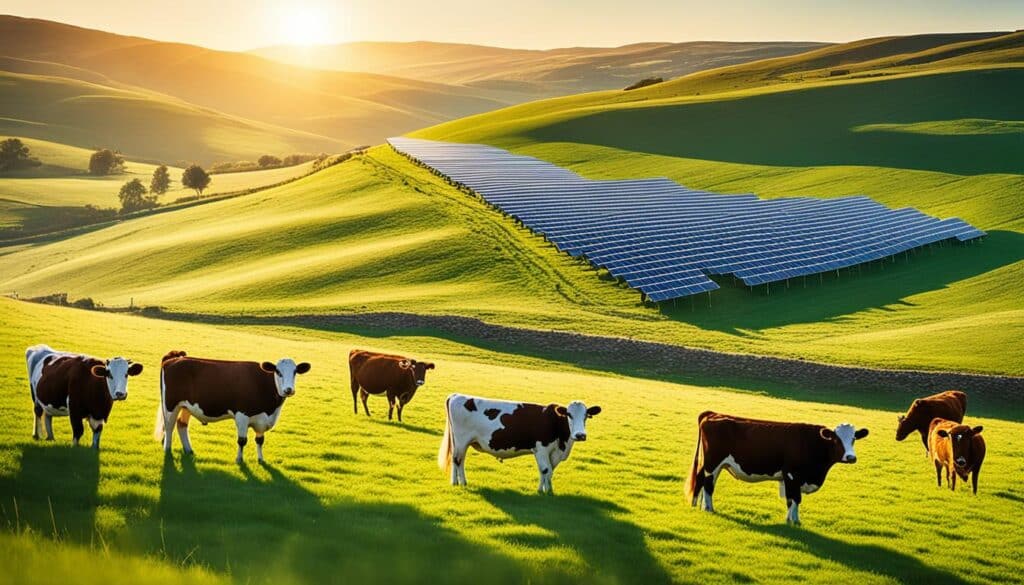
Organic beef, especially from grass-fed livestock, has big green advantages. It beats grain-fed beef in burning less carbon. This is because making their food needs less energy and transportation.
Farms raising organic and regenerative beef also boost biodiversity. By saving natural grasslands and reducing habitat loss, they support a thriving ecosystem. This protects wildlife and native plants.3
Besides, grazing cattle on these farms improves soil health. Their walking on the grass and leaving behind organic matter is good for the soil. This boosts nutrients and keeps the soil fertile.3
Lower Carbon Footprint
Grass-fed beef has a smaller environmental impact than grain-fed. Organic meat needs fewer resources to grow. And, the way they produce feed, using natural cover crops and compost, cuts emissions.3
Biodiversity Conservation
Organic and regenerative beef farms are key to saving biodiversity. They keep natural grasslands thriving, reducing harmful habitat loss. This means a better home for many plants and animals.3
Soil Health and Fertility
Cattle grazing on organic lands doesn’t just contribute to healthier beef. It also means healthier soils. The trampled grass and cattle waste boost nutrients and fertility. Good pasture management even helps fight climate change by capturing carbon.3
Economic Advantages of Domestic Organic Beef
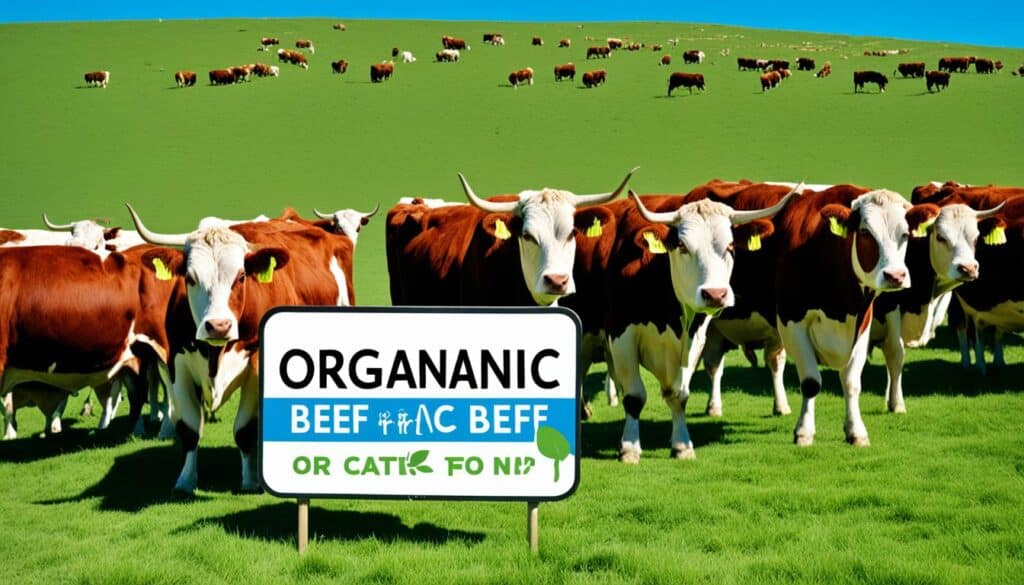
Choosing to support organic beef from local sources helps not only farmers but also the economy. It sustains farmers’ incomes and boosts rural areas.4 More demand for grass-fed and organic beef brings more jobs in the process. This strengthens rural communities.4 Plus, focusing on local organic beef cuts down on imported foods. This means better food security and less money going out of the country.
Supporting Local Farmers and Ranchers
The organic beef industry keeps local farmers and ranchers going strong. When you buy certified organic, grass-fed beef from your area, you’re directly helping these folks and their family farms.4 Your choice keeps rural areas vibrant and supports the growth of organic grass-fed cattle businesses.4
Job Creation in Rural Communities
More need for sustainable, organic beef means more jobs that require skill. Making organic and grass-fed beef needs special expertise, so there are many jobs available.4 You could work on the farm, manage ranches, or even help with processing and distribution. This industry is key for creating jobs and boosting local economies.4
| Metric | Value |
|---|---|
| Certified organic cropland acres | Increased by 79% to 3.6 million acres (2011-2021)4 |
| Number of certified organic operations | Increased by more than 90%, reaching 17,445 farms (2011-2021)4 |
| Organic retail sales in the U.S. | Exceeded $52 billion in 2021, representing 5.5% of all retail food sales4 |
| U.S. sales of organic products | Nearly $11 billion in 20214 |
| Retail sales of organic fresh fruits and vegetables | Estimated at $19.2 billion in 20214 |
Health and Nutritional Benefits of Organic Beef
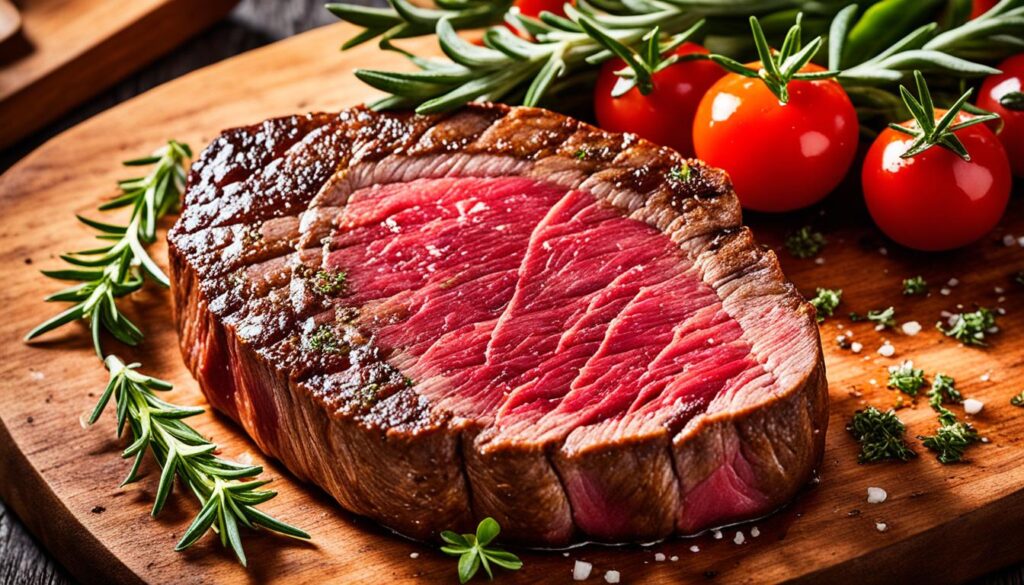
Organic beef, especially the grass-fed kind, is packed with important nutrients. It has a lot of Omega-3 fats, about five times more than regular beef.5 Plus, it has 300% to 400% more CLA than beef from cows fed with grain.5 Grass-fed beef is also high in Omega-6 fats.5
Nutrient-Rich Profile
Pasture-raised, organic beef is rich in nutrients and certified by strict standards.5 It’s also lower in calories because the cows eat a lean diet.5 This makes it a great source of omega-3 fats, vitamin E, and CLA, which are good for the heart.56
Lower Fat and Healthier Fat Composition
Organic beef has less bad, saturated fats and more of the good fats compared to grain-fed beef.5 Grass-fed beef can have up to six times more omega-3s than usual beef.6 It also has slightly lower fats overall, making it a better choice for the heart.6 Since it’s organic, it’s also free of antibiotics and hormones, which is safer for health.5
Organic Beef and Consumer Trust
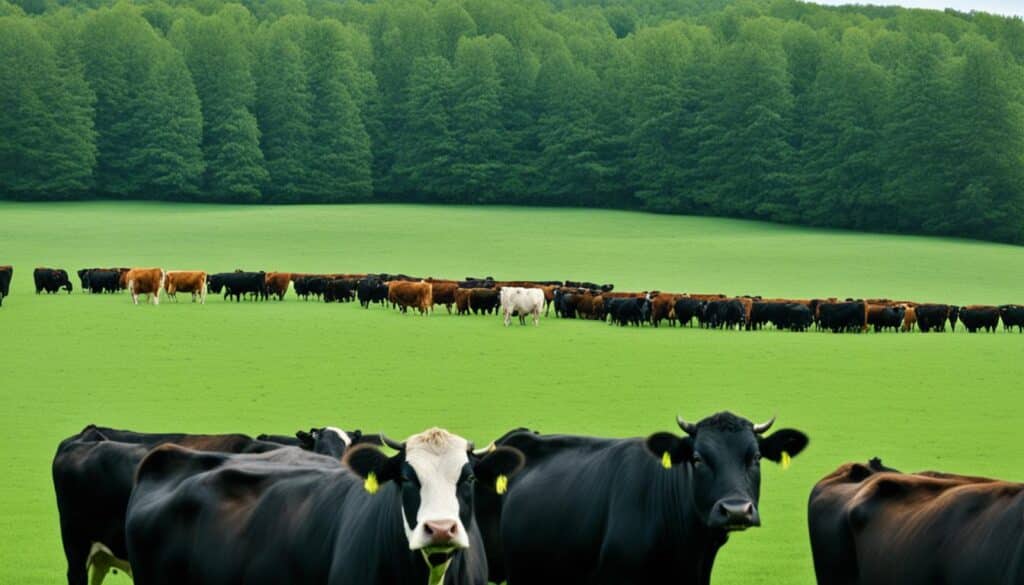
Organic beef production focuses on being open and clear, which helps earn trust from buyers.7 When organically raised and harvested locally, info about the beef’s origins is easier to find.7 The practice also puts the welfare of animals and their natural homes first. This suits people who care about how their meat is made in a kind and eco-friendly way.
Transparency and Traceability
Being open and clear about how organic beef is made wins people’s trust.7 Getting beef from nearby farms means you can learn a lot about where it comes from and how it’s treated.7 This openness helps customers choose wisely. It also shows that the organic label is real and trustworthy.
Ethical Considerations
Organic beef farming puts the animals and the environment first. This matches what a lot of thoughtful buyers want.7 When beef is organic, it means the animals live well and eat natural foods without bad chemicals.7 This gentle way of farming is important for people who want their meat to be good for the earth and the animals. It builds even more trust in the organic beef sector.
Strengthening Food Security with Organic Beef

Encouraging local organic beef production is key to making America’s food supply more secure. This strategy helps the nation avoid problems from international trade issues. It also makes sure we have steady access to food.8 Plus, it boosts our ability to bounce back during tough times, decreasing our need for food from other countries. This way, we stand stronger on our own.8
Resilience to External Shocks
Choosing local and domestic sources for organic beef protects us from global trading problems. By focusing on what we produce nearby, we lessen our food import needs and make sure we’re ready for any challenges.8
Local Resilience and Self-Sufficiency
Encouraging local communities to produce their own organic beef makes them stronger and more self-sufficient. Depending on local sources means they won’t be as affected by big system failures. It helps them keep providing food in hard times.8 This method also helps ensure farms can keep going, making our food system more stable.8
Organic Beef: Challenges and Limitations
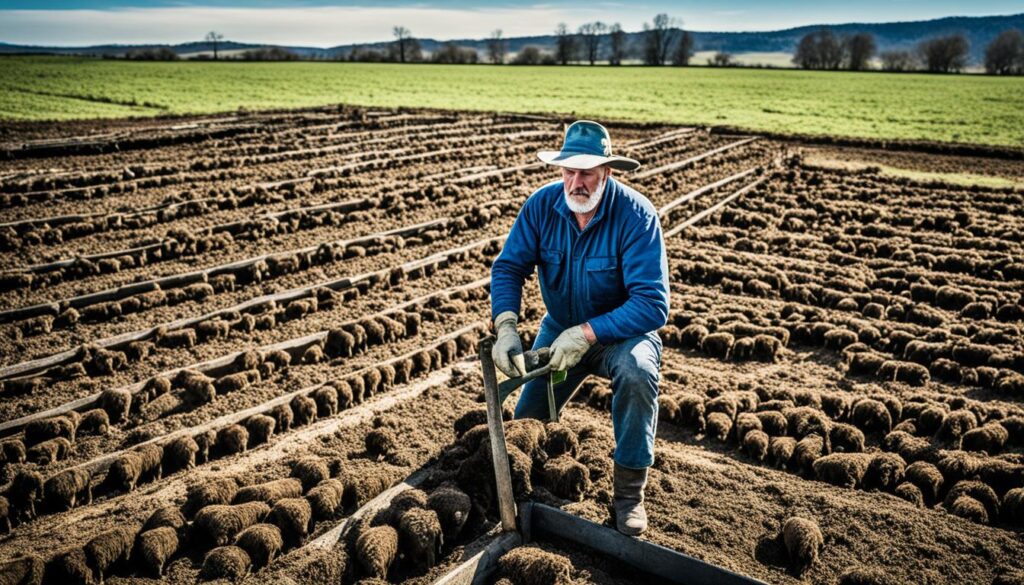
Organic beef has many benefits but also faces challenges. Organic and regenerative beef farming are good for animals and nature. Yet, they aren’t as easy to grow big as conventional methods. This makes organic beef harder to produce and maybe more pricey for shoppers.9
It’s tough for farmers and ranchers with the strict rules for organic beef. This keeps the amount of organic beef products low.9
Conventional farming is often seen as more efficient and cheaper. But it’s not always great for the earth and animals. Organic and regenerative beef production strive to be both sustainable and wallet-friendly. This is quite a balancing act.10
| Factor | Conventional Farming | Organic/Regenerative Farming |
|---|---|---|
| Scalability | Higher | Lower |
| Production Costs | Lower | Higher |
| Environmental Impact | Higher | Lower |
| Animal Welfare | Lower | Higher |
| Certification Requirements | Less Stringent | More Stringent |
With more people wanting sustainable, organic, and grass-fed beef, we must face these hurdles. Solving them is key to having more organic beef for everyone.910
Regenerative Agriculture: A Holistic Approach
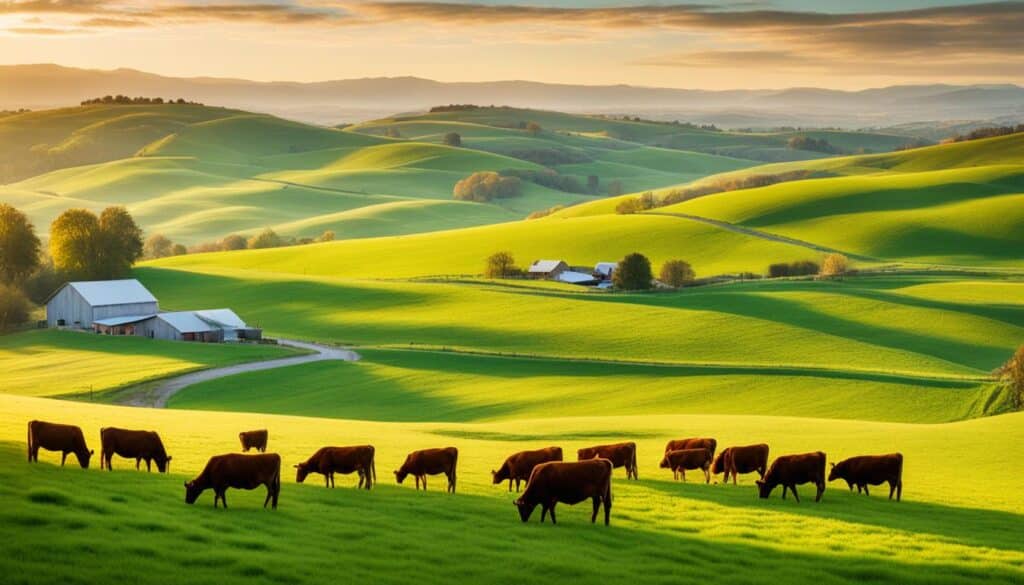
Regenerative agriculture is more than just organic. It focuses on making ecosystems better, not just less harmful.11
Principles of Regenerative Agriculture
It includes things like rotating crops, using plants as covers, and not tilling the soil too much. This way, the soil stays healthy, and there are more plants and animals.12 Animals live in natural ways on these farms, helping the whole system thrive.11
Regenerative farming helps the land and animals for the long run, more than just being organic.
Regenerative Beef Farming Practices
Regenerative farms grow plants on the ground, change what they plant each year, and don’t disturb the soil much. This keeps the land fertile.11 Grazing animals are moved like they would in the wild. This keeps the land healthy and the animals happy.11 Many different plants and animals live together on these farms, creating a healthy environment.
Animal Welfare in Regenerative Systems
Animals live outside and do what comes naturally to them on these farms. They are well taken care of and happy.11 They eat food that’s good for them, making the meat people eat very nutritious.13 Plus, because they’re not given a lot of chemicals and medicines, the meat is safer for us to eat.13
Animals are treated well on these farms and their living space is as close to natural as possible. The food they eat and the land they live on make them healthier. This means the meat from these animals has more good things in it than regular meat.13
Regenerative farming cares about animals and the land the food comes from. It’s good for the planet and the people living on it.
Policy and Industry Support for Sustainable Beef
Switching to a more sustainable beef industry needs help from the government and businesses.14 The government should give out incentives, like grants and subsidies. They should also fund research and development. This would encourage new things and the use of organic and regenerative beef farming.15
Government Incentives and Research Funding
The government helping with money and research can speed up changes.14 They can aid family farms and ranchers to start using better methods. For example, rotational grazing and no-till farming.15
Consumer Education and Awareness
Consumer education campaigns are also key. They inform people to choose wisely and back local sustainable beef makers.14 By sharing details on why organic and grass-fed beef is good, more people will want to buy it. This push makes it more likely for the whole sector to turn to more sustainable practices.15
Certification Standards for Sustainable Beef
Having strict certification standards for sustainable beef is vital. This makes sure products are good and trusted by consumers.15 Together with industry, these programs can lay out clear goals. They check that farms and ranches are doing what they say.14
Using government help, research funding, teaching consumers, and clear standards, the beef industry can shape a better future. This will meet the rising demand for organic and earth-friendly beef products.15
Also Read: Beijing Beef: Savor the Authentic Chinese Flavor!
Conclusion
Organic beef means more than just healthy cows. It points us towards a greener future for beef in the U.S. It helps the planet by reducing its carbon footprint5.
Plus, it boosts soil health and saves wildlife5. This makes it a win for the earth and our dinner tables. Supporting local farmers not only keeps money close to home. It also creates jobs in rural areas. So, choosing organic beef is good for the whole country.
Choosing organic beef is good for you, too. It offers more good fats and less bad fats16. This is great news for people looking to eat healthy. Knowing exactly where your meat comes from is also important. Organic beef farms focus on the well-being of their animals. This makes them a trusted choice for what’s on your plate.
Finding better ways to make beef is a team effort. With the government and businesses working together, we’re seeing big change. They’re offering support, doing research, and setting strong rules. Thanks to these efforts, a greener beef industry is on the horizon51716. By choosing organic, the U.S. beef scene is heading towards a brighter, greener future. This benefits not only the beef industry but all of agriculture.
FAQs
Q: What is organic beef?
A: Organic beef is beef that comes from cattle raised following organic farming practices, which prohibit the use of antibiotics, hormones, GMO feed, and pesticides.
Q: What is grass-fed beef?
A: Grass-fed beef comes from cattle that graze on grass and forage throughout their lives, rather than being fed grain in feedlots.
Q: Is organic beef better for the environment?
A: Yes, organic beef production supports sustainable agriculture practices that are better for the environment, such as reducing chemical inputs and promoting soil health.
Q: What does USDA certified organic mean for beef?
A: USDA certified organic beef means that the beef meets specific organic standards set by the United States Department of Agriculture, ensuring it was produced without antibiotics, hormones, or synthetic pesticides.
Q: Can I buy organic beef online?
A: Yes, many organic farms and retailers offer organic beef for purchase online, making it convenient to access high-quality organic meat.
Q: What are some popular cuts of organic beef?
A: Popular cuts of organic beef include steak, roast, ground beef, brisket, short ribs, chuck roast, and stew meat.
Q: Is organic beef more expensive than conventionally raised beef?
A: Yes, organic beef tends to be more expensive than conventionally raised beef due to the higher costs associated with organic farming practices and certification.
Q: Is organic beef tastier than non-organic beef?
A: Taste preference is subjective, but many people believe that organic beef has a richer flavor due to the animals’ natural diet and healthier living conditions.
Source Links
- https://www.ciwf.com/media-and-news/blog/2024/04/growing-greener-organic-farming-vs-regenerative-agriculture
- https://www.cornucopia.org/organic-beef/
- https://www.organic-center.org/organic-meat-and-environment
- https://www.ers.usda.gov/topics/natural-resources-environment/organic-agriculture/
- https://truorganicbeef.com/blogs/beef-wiki/benefits-of-eating-organic-grass-fed-beef
- https://www.webmd.com/diet/grass-fed-beef-good-for-you
- https://thomasfarms.com/blogs/beef/best-online-organic-beef
- https://americanfarmersnetwork.com/the-benefits-of-sustainable-grass-fed-beef-born-raised-and-processed-in-the-usa/
- https://clear.ucdavis.edu/explainers/organic-vs-conventional-how-do-dairy-and-beef-production-systems-impact-food-quality
- https://www.cornucopia.org/what-organic-beef-is-isnt/
- https://www.blandfamilyfarm.com/blog/regenerative-farm-meat
- https://forceofnature.com/blogs/regenerate/regeneratively-raised-meat-vs-organic-whats-the-difference
- https://forceofnature.com/blogs/defending-meat/regenerative-agriculture-and-the-health-benefits-of-regeneratively-raised-meat
- https://www.usrsb.org/Media/USRSB/Docs/usrsb_retailfoodservice_toolkit.pdf
- https://grassrunfarms.com/sustainability/
- https://agricology.co.uk/resource/organic-versus-non-organic-meat/
- https://nutritionstudies.org/is-organic-meat-a-healthy-option/


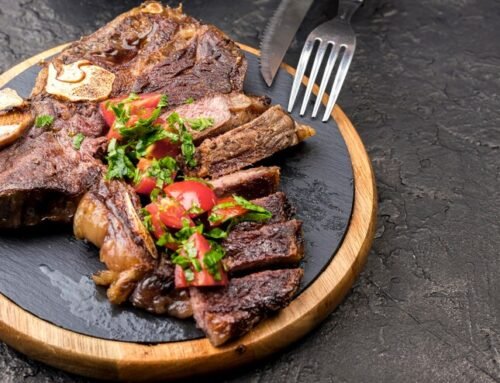


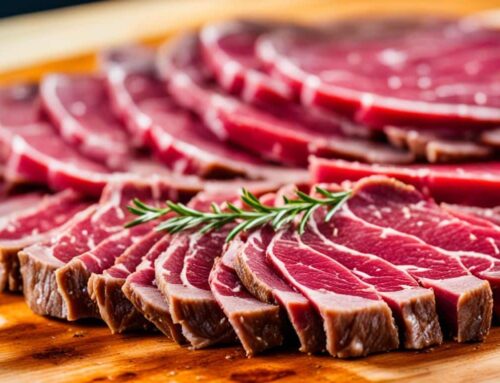
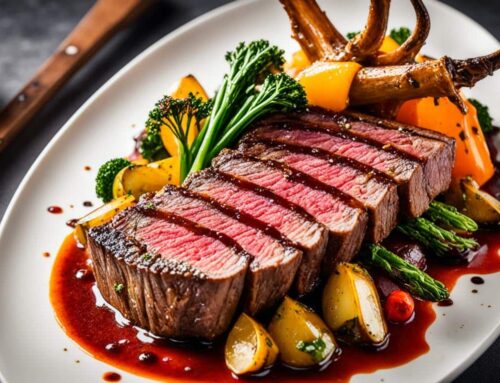
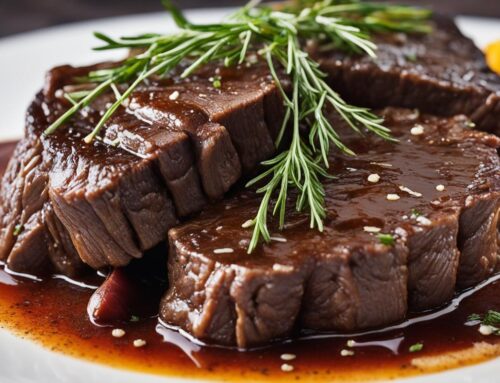
Leave A Comment